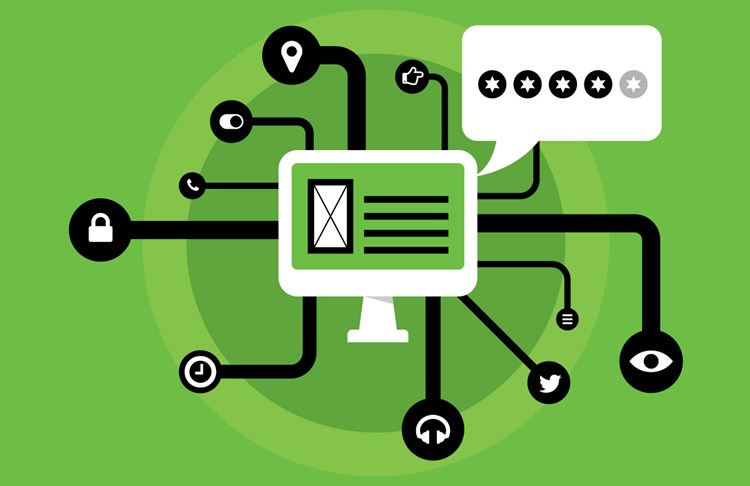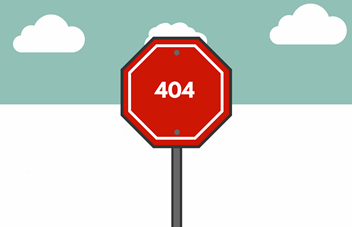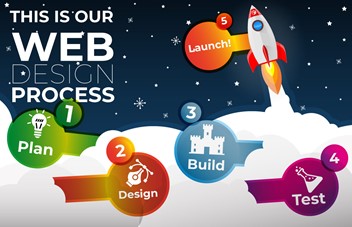A Client (or Customer) Relationship Management (CRM) system allows you to manage all your contacts and their details in one place.
It's a great way of using the data you hold on your contacts to its greatest potential. It's also a great way to keep your contact data secure and be compliant with legislation. I created a short blog post here on what exactly a CRM is if you want to find out a little more.
If you're up to speed with what a CRM is and how it can help you, you'll know it is invaluable in tracking all your interactions with your contacts, whether they are prospects or customers. By integrating it with your website your ability to work efficiently and effectively with this data is even more enhanced.
But why is it so important to integrate these 2 systems together? For me there are 3 main reasons efficiency, data security/legal compliance and customer engagement:
EFFICIENCY
By having a CRM automatically store all the data from your small business website when a form is completed, you remove the additional admin overhead caused when you then want to use that data. Whether it's just copying an email address into a new email or whether it's manually retyping all the data into a different system, integrating your website and CRM means the data is entered where it's stored, once, by the contact.
Seamless integration like this means there is less likelihood of introducing errors when moving the data between multiple systems as well as the fact that you have one central store for the data.
You and your staff can be accessing the same, correct data from one place, the CRM. Using that central record to store all the additional interactions you have with that contact, means that one record is continually kept up to date - no more checking multiple systems or having multiple conversations to see who said what to whom, when.
DATE SECURITY & LEGAL COMPLIANCE
From May 2018 the rules surrounding data protection are changing. These rules determine how you need to capture data, how you need to store that data, what you can do with that data, what records you need to keep and much more. If you're not au fait with GDPR yet, take a look here as it is something that is going to affect every small business.
Having a CRM store the data that you capture on your website enables you to be legally compliant with the rules. You can ensure your website (including its Privacy Notice) are updated to capture contact information in the right way - for example, ensuring people opt-in to receive marketing updates, giving notice on where you store the data etc). You can capture the fact that you are notifying visitors in the right way and you can also audit what data is captured and when.
All of the well-regarded CRMs take data storage extremely seriously, so you can be confident that the contact data is stored safely and securely within their various databases - the same can't always be assured if its stored in an email somewhere or an insecure website database.
PERSONALISED EXPERIENCE
One nice piece of CRM functionality is the tracking available in some systems. This is the ability to be notified when one of your contacts is engaging with content on your website in real time. This functionality can enable a sales call to be made right at the optimum time when the contact was considering your business, or alternatively, to pop up a personalised chat window to answer any questions they have in real time.
Some CRMs go further and allow you to segment your data, possibly grouping them into buyer personas. Then, dependent on who the contact is and where they are in the buyer journey, they can potentially be served with specific and pertinent content when they visit your web page. If you've ever made a purchase from Amazon and you'll recognise this type of approach your name welcomes you on the web page and the content recommended is based on what you've bought, what's in your lists or baskets.
This is much like sending a targeted email to a group of contacts, but this is actually serving focused content on to a web page without any need for the contact to log in or open an email.
This form of personalisation really aims to deliver he exactly what the visitors wants and it's also proven to work - 78% of consumers at personally relevant content increases their purchase intent - to the origin of this statistic and more supporting why personalisation works check out this post.
Your choice of CRM will determine the functionality that can be enabled through your website, however, even if you CRM can't deliver personalised website experiences, you may still be able to deliver personalised emails using the data from your CRM.
These are just 3 of the main reason we think having a CRM behind your website is key for your business.
Take a look at our website design page to find out more about what your website may need.
If you want to have a no obligation chat about the options for your website, please give us a call on 01752 651414 or [email protected].





